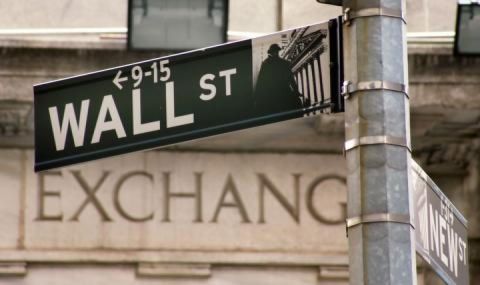The Wall Street Crash represents a sharp drop in the prices of stocks traded on the New York Stock Exchange (NYSE), the world's largest stock market, from October 24 to October 29, 1929. It ushered in the Great Depression, the greatest economic crisis of the twentieth century.< /p>
„Black Thursday” (October 24, 1929), “Black Monday” (October 28, 1929) and “Black Tuesday” (October 29, 1929) are the days of the biggest stock market crash.
After World War I, Europe emerged exhausted without sufficient production of its own, contributing to years of incredible economic growth for the US. At that time, New York became a major metropolis and the New York Stock Exchange (NYSE) the largest stock market in the world.
When Europe recovers and drastically reduces the amount of imported US goods, it leads to overproduction in the US. The credit system and low taxes led to a speculative boom in the stock market, and millions of Americans invested in stocks, many of them taking out loans from banks. Stock prices are constantly rising, but this does not reflect the real state of the companies and an economic bubble is created.
He cracked on October 29, 1929 - known as Black Thursday.
Panic selling of shares on the stock exchange begins. On that day, investors sold 12.9 million securities in an attempt to get rid of them before they completely depreciated. The Dow Jones lost 11% of its value. In the days that followed, about 30 million more shares were sold and prices collapsed, and millions of investors were ruined, according to "Wikipedia". In one week of stock market panic, the market decreased by a total of 40%, and lost 30 billion dollars in value – more than the government spent in World War I.
Banks that previously willingly financed the purchase of shares with loans are unable to repay their debts and declare bankruptcy. At the same time, businesses are deprived of the opportunity to use credit and close, causing unemployment to rise.
The Wall Street Crash of 1929 had a devastating effect on the economy and triggered the Great Depression.
From 1929 to 1932, the world's gross domestic product decreased by 15%. International trade is down by more than 50%. Unemployment reaches 25% in the United States, and in some countries even 33%.
The crisis leads to the emergence of the "new course" of President Franklin Delano Roosevelt in the USA, and fascism was born in Europe.
